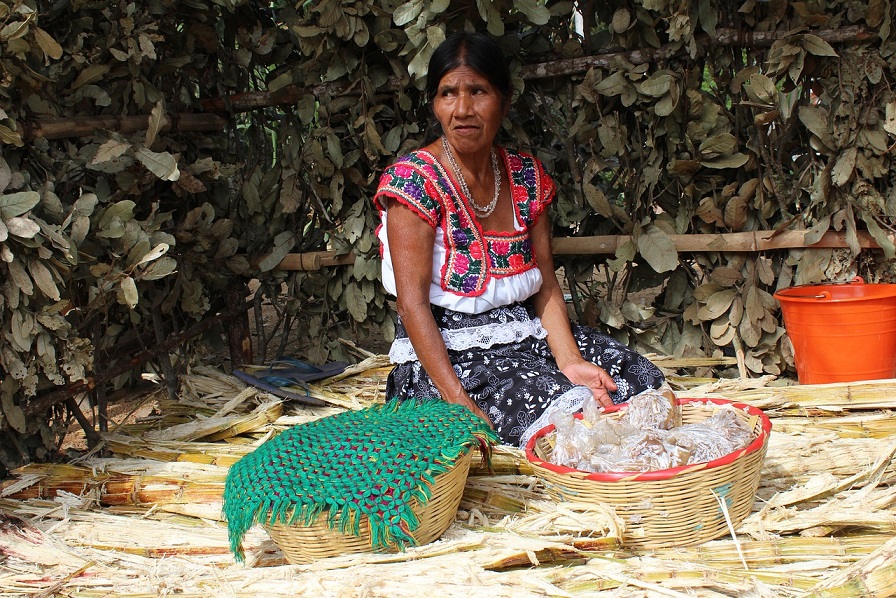The Economic Commission for Latin America and the Caribbean (ECLAC) has pointed out in a report the “persistence and seriousness” of femicidal violence in Latin America and that in El Salvador it is an important part of the problem.
 Luis Beatón
Luis Beatón
The figures reveal that despite efforts, violence in this area in the region is not decreasing, as evidenced by a meeting convened by President Nayib Bukele with his security cabinet in the early hours of 2023 to discuss the rise in femicides.
ECLAC data assert that in 2022 some 4,50 thousand women were victims of femicide in 26 countries in the region, which means, on average, the murder of a woman for gender-related reasons every two hours. “This shows the persistence and seriousness of femicide in the region,” says the document, which will close in November 2023 and is based on the most recent data reported by official bodies to the Gender Equality Observatory for Latin America and the Caribbean.
In a sample of the 19 Latin American countries that provided information, El Salvador shares third place with Uruguay in a table with 1.6 femicides per 100,000 women, only surpassed by the Dominican Republic (2.9) and Honduras (6.0).
 Despite the position, the document detailed that only three countries – Bolivia, Guatemala and El Salvador – decreased femicide rates in the period studied.
Despite the position, the document detailed that only three countries – Bolivia, Guatemala and El Salvador – decreased femicide rates in the period studied.
On the other hand, in general terms, the man is not the partner who shares with his partner the tasks that are for many “proper” to housewives.
Studies show that women in this country spend 34% of their time on unpaid work, which undoubtedly includes housework and childcare. ECLAC figures show that the so-called weaker sex work an average of 74 hours a week, of which 33.7% is unpaid time and 66.3% paid, making it the second highest rate of hours worked in the region. Of 15 countries analysed, El Salvador has the second highest rate of hours worked by women in the region, second only to Mexico, which averages 78, the organisation added.
The difference is striking with their male counterparts who work six hours less compared to their male counterparts and as a rule most of the time get 30% more economic benefits with equal work and cultural preparation.
 ECLAC also pointed out that early pregnancy is an obstacle to women’s economic autonomy, as it affects their educational development, income and participation in the labour market.
ECLAC also pointed out that early pregnancy is an obstacle to women’s economic autonomy, as it affects their educational development, income and participation in the labour market.
The gap relative to men is remarkable. In El Salvador, young women represent 39% of the female population of working age, of which up to 35% neither study nor work, less than 5% study and work for pay, 12% only study, and 48% only work. On the opposite side, young men of working age represent 42% of this age group, of whom less than 10% say they neither study nor work, compared to 60% who only work for pay. Unfortunately, despite being a majority in the vote, Salvadoran women are still unaware of their problems and respond to patterns established by decades of machismo in a society that only recognised their right to vote for mayor in 1952. 4 April will be no exception. PL
(Translated by Cristina Popa – Email: gcpopa83@gmail.com) – Photos: Pixabay












.jpg)












